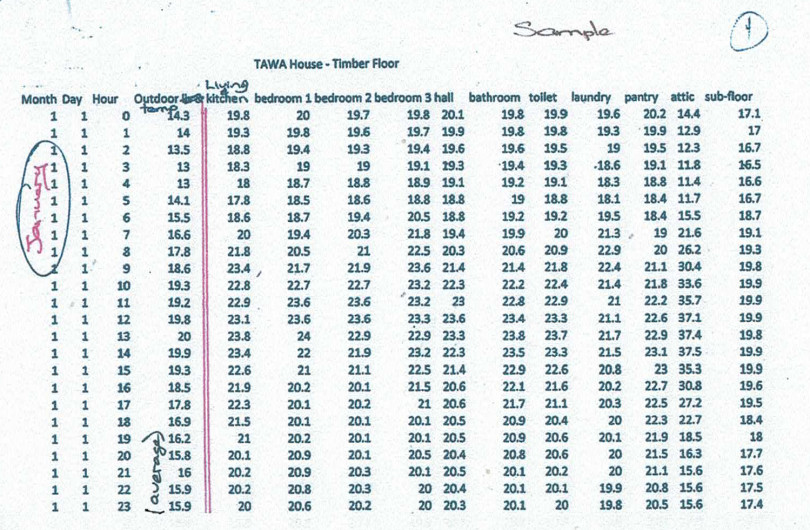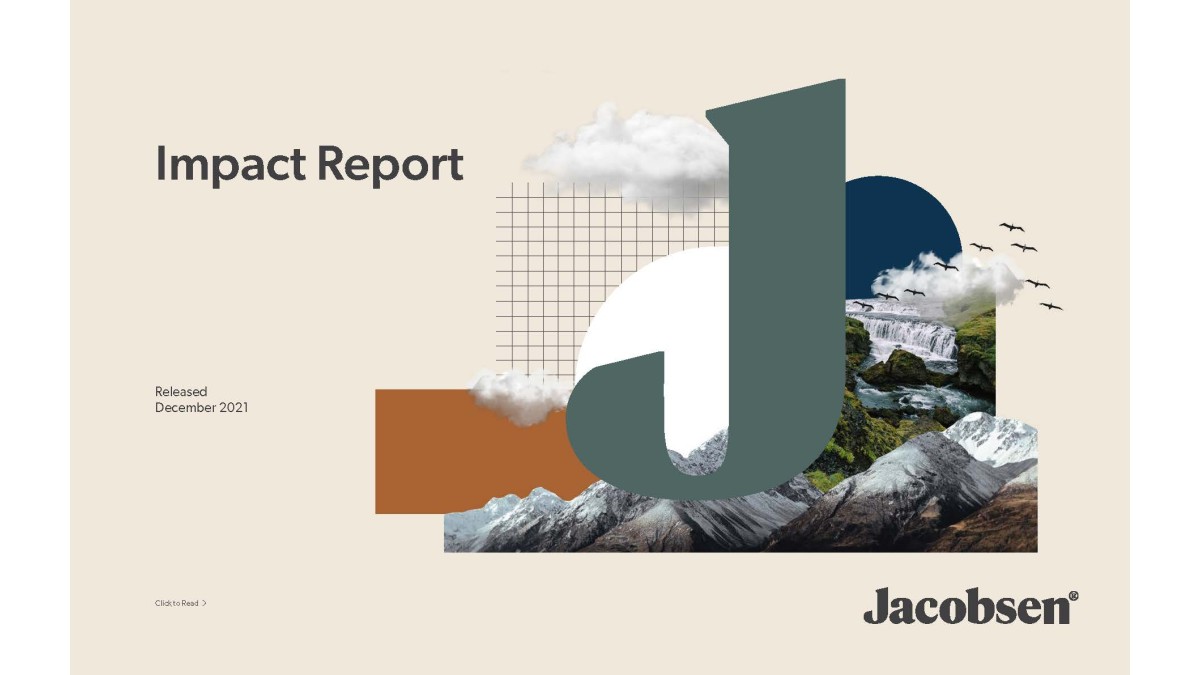
Jacobsen's core value revolves around "Creating Positive Impact." As a third-generation family business in New Zealand, Jacobsen places a strong emphasis on measuring and reducing carbon emissions. Their guiding principle is encapsulated in the Maori proverb, "Mō tātou, a, mō ngā uri ā muri ake nei" — "For us and our children after us." They firmly believe in self-accountability and are deeply committed to safeguarding the future.
Navigating the intricate landscape of carbon-related terminology can be perplexing for most individuals. However, CEO Renee Jacobsen stands out as an exception. Her dedication to creating a positive impact is underscored by Jacobsen's pursuit of third-party certification, instilling confidence in both their employees and customers. This pursuit of third-party certification is for both Jacobsen and their supply chain so there is transparency in their actions and the flooring they are providing to New Zealand spaces. They are resolute in not merely engaging in "greenwashing" but genuinely taking the future into account for upcoming generations.
In their quest for a carbon reporting and reduction programme, Jacobsen chose Toitū. Toitū succinctly describes their mission as helping businesses enhance sustainability by providing them with science-based tools, actionable strategies, and substantiated evidence to facilitate genuine progress. Through annual audits, Toitū aids their clients in maintaining focus on their sustainability goals.
Jacobsen takes immense pride in transitioning from the Toitū Carbon Reduce Program to achieving Carbon Zero status two years ago. Yet, their commitment to sustainability doesn't conclude there.
Sustainability and its impact on the planet and communities rank as paramount concerns for Jacobsen. Their dedication to environmental stewardship and community responsibility is deeply ingrained in their mission statement and overarching purpose, which is to "Inspire and create better spaces for life."
For an in-depth understanding of Jacobsen's approach to creating a positive impact, one can peruse their inaugural Impact Report. The company takes pride in adhering to Global Reporting Initiative (GRI) standards while producing this report, as they firmly believe that third-party certifications and established frameworks are indispensable for providing substance and reliability in environmental and social reporting. The initial Impact Report was published in November 2021, and Jacobsen is currently in the process of compiling their subsequent bi-annual report, maintaining adherence to GRI standards.
The Impact Report delves into several material topics, including those related to:
- People; such as staff and community engagement, communication, and product safety.
- Planet; covering aspects like greenhouse gas emissions, procurement, and product provenance, as well as product stewardship.
- Prosperity; encompassing innovation, responses to COVID-19, and industry relations.
Jacobsen remains steadfast in their commitment to advancing their sustainability journey and welcomes discussions on this crucial subject with interested parties.













 Case Studies
Case Studies














 Popular Products from Jacobsen
Popular Products from Jacobsen


 Most Popular
Most Popular


 Popular Blog Posts
Popular Blog Posts